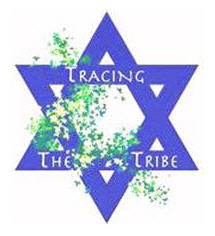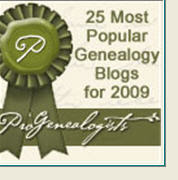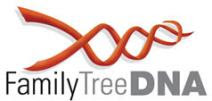Harmon explores her own experience and provides information on an infant industry "capitalizing on the plunging cost of genetic testing technology to offer any individual unprecedented — and unmediated — entree to their own DNA."
Offered the chance to be among the early testers, I agreed, but not without reservations. What if I learned I was likely to die young? Or that I might have passed on a rogue gene to my daughter? And more pragmatically, what if an insurance company or an employer used such information against me in the future?
But three weeks later, I was already somewhat addicted to the daily communion with my genes. (Recurring note to self: was this addiction genetic?)
For example, my hands hurt the other day. So naturally, I checked my DNA.
Three companies have already begun or planning to provide services and assistance to consumers on how to interpret the results 23andMe, deCODE Genetics and Navigenics
Harmon's article details her 23andMe experience and linking the results to studies linking DNA to various diseases and factors (appearance, personality, behavior). The test explains why she had refused to drink milk growing up: her results show lack of the mutation that allows milk digestion after infancy.
The results show she lacks the predisposition for good verbal memory, which could be a problem for a journalist, and she doesn't like brussels sprouts. The veggie bit is genetic as certain vegetables have a compound that tastes bitter to some people.
23andMe generated a list of Harmon's genotypes based on her results and some of it is quite fascinating, including a 6-point I.Q. jump from breast-feeding.
She also explores the possibilities of insurance problems and wonders what will happen five years from now when many people will know the probability of disease risk.
Once I looked at my results, I could never turn back. I had prepared for the worst of what I could learn this day. But what if something even worse came along tomorrow?
Health care providers are not in agreement about making this information available to the public without counseling, and one of the three companies mentioned plans to include a phone consultation with a genetic counselor. The other two will offer referrals.
Compelled to know (genetic?), I breezed through the warning screens on the site. There would be no definitive information, I read, and new discoveries might reverse whatever I was told. Even if I learned that my risk for developing a disease was high, there might well be nothing to do about it, and, besides, I should not regard this as a medical diagnosis. “If, after considering these points, you still wish to view your results,” the screen read, “click here.”
I clicked.
To read more, click here





































No comments:
Post a Comment